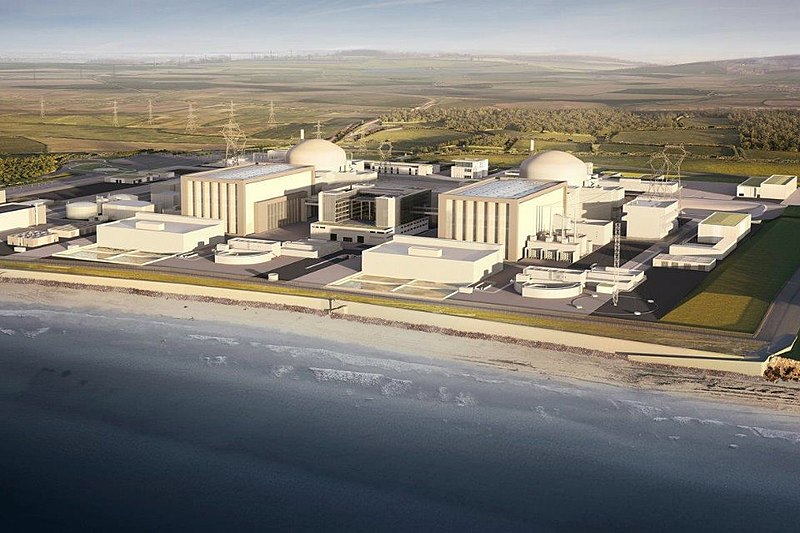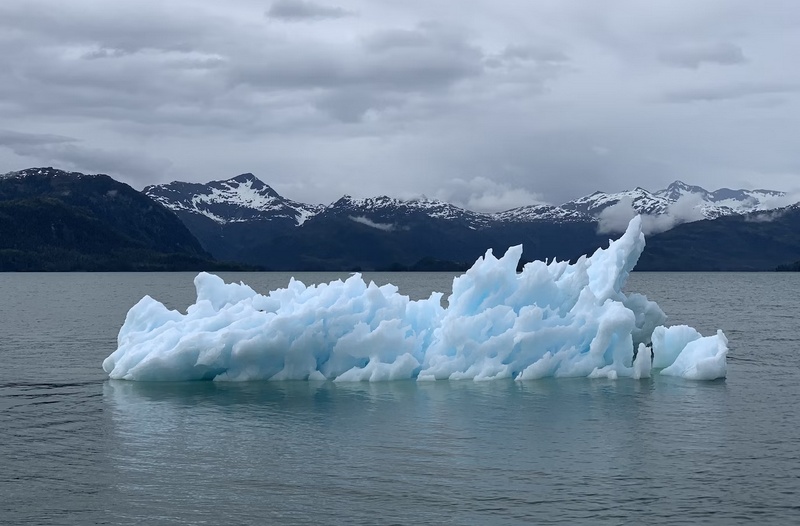November 20 NEC Energy News
¶ “UK Has £10 Billion Per Nuclear Reactor Decommissioning Bottomless Pit” • The costs for nuclear power are coming home to roost in the UK. Despite the very high costs of new nuclear reactors, the rising costs of clean up, and the availability of much cheaper alternatives, the UK’s current administration remains committed to the technology. [CleanTechnica]

¶ “The Future Of Energy Is Community Energy, And 100% Renewable” • Our governments, energy market bodies, and energy corporates may not be getting the energy transition right. They are struggle to get the social approval they need for the big expensive decisions that they are making. Community energy is the answer to a fast transition. [Renew Economy]
¶ “EWEC Commissions 2-GW Solar Plant In Abu Dhabi” • Abu Dhabi officials inaugurated the 2-GW Dhafra Solar Photovoltaic Independent Power Project. It is said to be the largest single-site solar PV plant. It is managed by UAE-based Masdar, Abu Dhabi National Energy Company, French energy giant EDF, and Jinko Power, a Chinese solar developer. [PV Magazine]
¶ “The World Briefly Smashed Through The 2-Degree Warming Limit For The First Time Ever” • The Earth’s temperature briefly rose above a crucial threshold that scientists have been warning for decades could have catastrophic and irreversible impacts on the planet and its ecosystems, according to data shared by a prominent climate scientist. [CNN]

¶ “US Air Force Approves New Green Aircraft Demonstrator Project” • The US Air Force conferred X-plane status on a green aircraft demonstration project aimed at reducing fuel use by 30%. Spearheaded by Boeing and NASA, the it is the first Air Force designated X-plane to focus on sustainability since the program began in the 1940s. [CleanTechnica]
¶ “A Year After Devastating Winter Storm, Power Plant Problems ‘Still Likely’ In Extreme Weather” • As the anniversary of Winter Storm Elliott approaches, a pair of reports released last week reveal how much worse the situation could have become and how the continued vulnerability of the US energy grid to frigid weather continues. [Virginia Mercury]
For more news, please visit geoharvey – Daily News about Energy and Climate Change.
